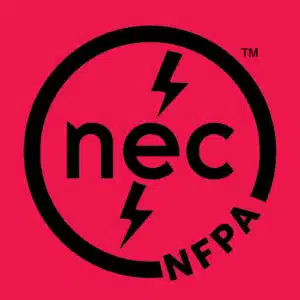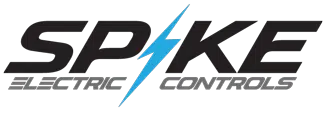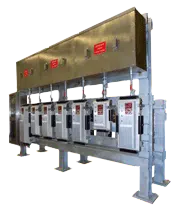IEEE, UL, NEC, and NFPA are all organizations involved in electrical engineering and safety. While each organization has a specific role, they often work together to develop and enforce electrical safety standards.
IEEE (Institute of Electrical and Electronics Engineers)
 IEEE is an international professional organization that focuses on advancing technology in various fields, including electrical engineering. It has a number of subgroups, including the IEEE Standards Association, which develops and publishes technical standards for a range of industries, including the electrical industry.
IEEE is an international professional organization that focuses on advancing technology in various fields, including electrical engineering. It has a number of subgroups, including the IEEE Standards Association, which develops and publishes technical standards for a range of industries, including the electrical industry.
The IEEE Standards Association has developed a number of standards related to electrical safety, including:
- IEEE 1584: Guide for Performing Arc-Flash Hazard Calculations
- IEEE 3007.1: Recommended Practice for the Prevention of Electrostatic Charge Accumulation and Electrostatic Discharge
- IEEE 1100: Powering and Grounding Electronic Equipment (also known as the Emerald Book)
These standards provide guidance and best practices for ensuring electrical safety in various settings, from industrial plants to commercial buildings.
UL (Underwriters Laboratories)
 UL is an independent, nonprofit organization that provides safety testing, certification, and consulting services. It was founded in 1894 and has since become one of the most trusted organizations in the field of electrical safety.
UL is an independent, nonprofit organization that provides safety testing, certification, and consulting services. It was founded in 1894 and has since become one of the most trusted organizations in the field of electrical safety.
UL develops and publishes standards for a range of industries, including the electrical industry. Some of the most relevant UL standards for electrical safety include:
- UL 508A: Standard for Industrial Control Panels
- UL 943: Ground-Fault Circuit Interrupters
- UL 489: Molded-Case Circuit Breakers, Molded-Case Switches, and Circuit-Breaker Enclosures
Products that are certified by UL have been tested and determined to meet strict safety standards. UL certification is often required by regulatory bodies and is a mark of quality and safety for consumers.
NEC (National Electrical Code)
 The NEC is a standard that provides guidelines for safe electrical installations in the United States. It is developed and published by the National Fire Protection Association (NFPA) and is updated every three years.
The NEC is a standard that provides guidelines for safe electrical installations in the United States. It is developed and published by the National Fire Protection Association (NFPA) and is updated every three years.
The NEC covers a range of topics related to electrical safety, including:
- Wiring and grounding
- Electrical equipment installation
- Overcurrent protection
- Electrical safety in hazardous locations
The NEC is not a law, but it is often adopted by state and local governments as a building code. Compliance with the NEC is required for many electrical installations, and failure to comply can result in fines or other penalties.
NFPA (National Fire Protection Association)
 The NFPA is a nonprofit organization that is dedicated to reducing the risk of fire and other hazards. It develops and publishes standards and codes related to fire safety, electrical safety, and other areas.
The NFPA is a nonprofit organization that is dedicated to reducing the risk of fire and other hazards. It develops and publishes standards and codes related to fire safety, electrical safety, and other areas.
In addition to publishing the NEC, the NFPA has developed a number of other standards related to electrical safety, including:
- NFPA 70B: Recommended Practice for Electrical Equipment Maintenance
- NFPA 70E: Standard for Electrical Safety in the Workplace
- NFPA 72: National Fire Alarm and Signaling Code
The NFPA works closely with other organizations, including IEEE and UL, to develop and enforce standards related to electrical safety.
Working Together
While IEEE, UL, NEC, and NFPA each have their own areas of focus, they often work together to develop and enforce electrical safety standards. For example:
- UL certification is often required for products to comply with the NEC. If equipment tested by UL then it can override the NEC standard.
- The NEC references UL standards for specific products and equipment.
- IEEE standards are often used as a basis for developing NEC requirements.
- NFPA standards and codes are often used as a basis for state and local building codes.
Overall, these organizations play an important role in ensuring electrical safety in a range of settings. By working together and developing and enforcing strict standards, they help to reduce the risk of electrical fires, shocks, and other hazards.
Written by: Cole Attaway
Cole Attaway is the founder and CEO of Spike Electric Controls. Spike's mission is to improve the accessibility and delivery of industrial electrical gear for clients nationwide. Spike solutions result in reduced unplanned downtime, less overtime, and greater operational efficiencies.


